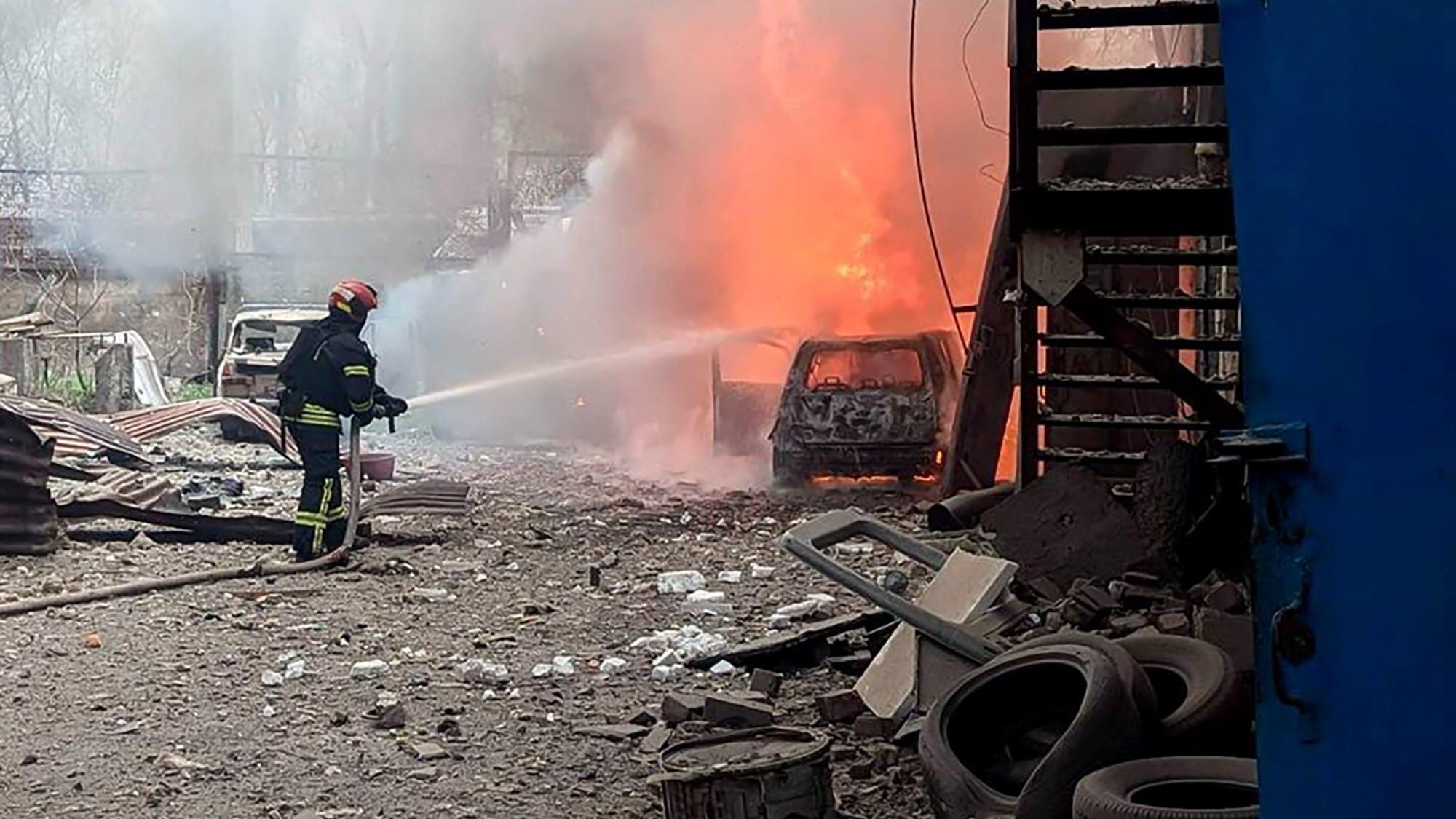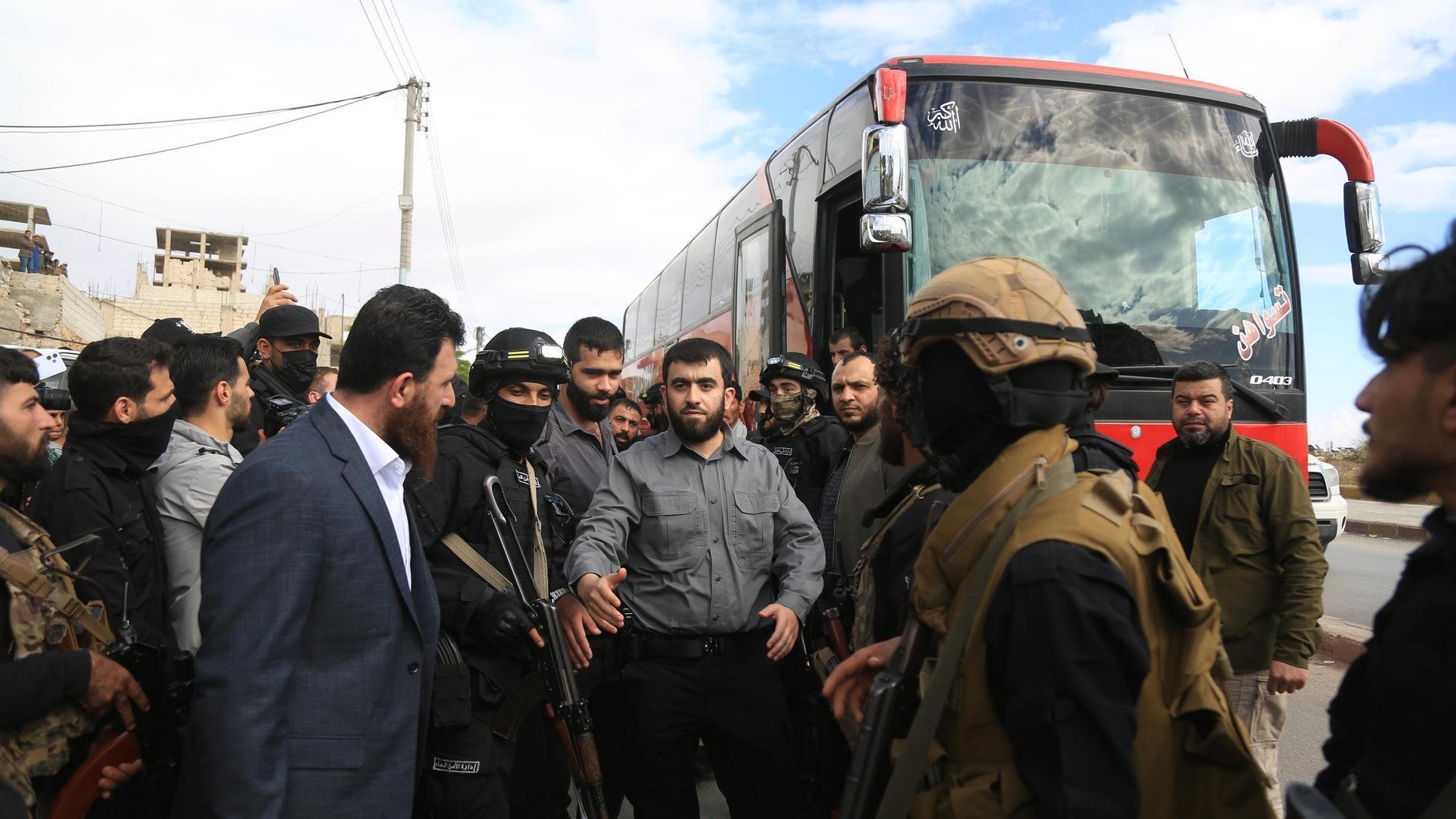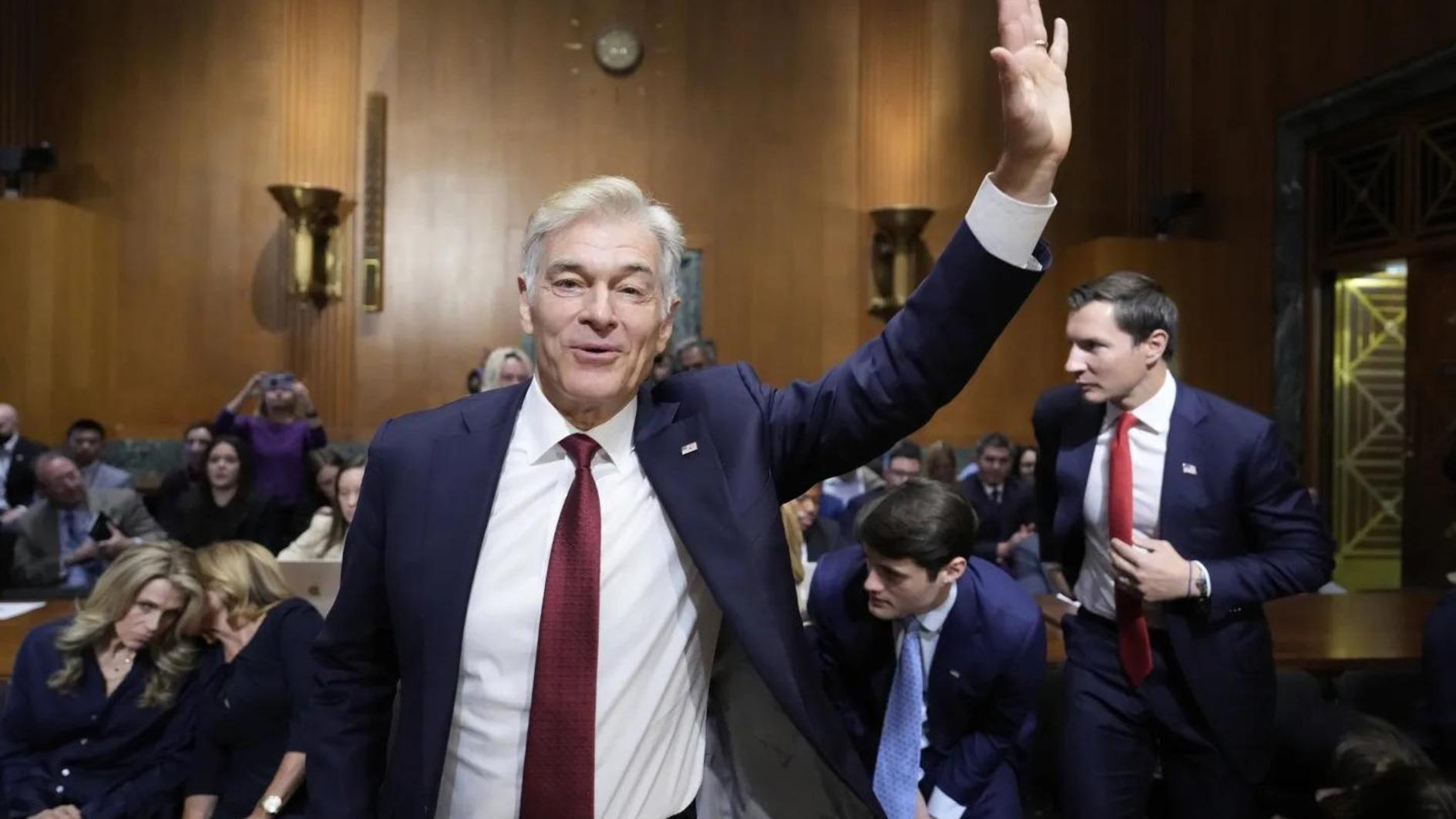Which country is it?
I recently read a very interesting article about the politics of a certain country. It said that this country started a democratization process a while ago to end the military’s hegemony over politics. A party under a strong civil leader came to power with the promise of democratization. However, the new leader - who had suffered a lot under the old regime - turned out to be an authoritarian politician, to the surprise of the Western world that had supported this leader as a champion of democracy.
The author of the article claimed that the democratization process in some countries can be troublesome for various reasons. “When institutions are weak and leaders see the old elite as a threat, those leaders often hollow out their own governments for fear of a coup, setting the state up to implode,” he wrote. This is why the leader of that country “has doled out jobs to loyalists, though many lack qualifications or training” and this leader finally “consolidated power so tightly that analysts say the government effectively shuts down” when the leader travels.
In that country, a law allowing fines and prison terms for journalists who criticize the government passed in 2013 and the government has invoked it many times since then. The article says, “Other oppressive laws remain in place, like the one that criminalizes speech or assembly deemed a threat to ‘public tranquility.’ It has been used to arrest activists and student leaders.” An observer who teaches journalism said “the greatest threat is still self-censorship.”
It seems that country’s state has derived its political authority from religious-nationalism for a long time and the new leader has followed the same path. That is why ethnic and religious divisions intensified as the democratization process failed. Finally, the new leader did not hesitate to cooperate with the army and the mob when confrontations with minorities erupted. The article refers to a lawmaker who calls it “an experiment in negative control, tolerating nationalists as long as they target minorities and activists rather than the state.”
The article suggests that “the country appears to be converging on a democratic-authoritarian hybrid formally known as illiberal democracy … It is a version of majority rule that excludes minorities, curtails freedoms and governs arbitrarily.” In such countries, the article states, “citizens select their leaders but without robust institutions or norms like pluralism, universal rights or tolerance necessary for democracy to function. They express, in surveys and on social media, a desire for a strongman-style leader and raw majoritarian rule. Democracy, many say, should be guided by religious structures and nationalism.”
It must be like hell to live in such a country. Under those circumstances no one can express his/her views freely. Let alone criticize the government/state, no one can claim political transparency or accountability. It is not only state/government suppression, but also social pressure that hinders any contrary idea. Where official politics are sublimated into religious norms and national interest, political opposition has no space. Dreams of democratization turn into a nightmare of new authoritarianism. All those who supported the so-called democratization process end up being “useful idiots” and the whole process can easily be defined as a “march of fools.”
What country do you think I am talking about? Myanmar, of course! The article mentioned above was published in the New York Times (“Hope dwindles for Myanmar,” Oct. 23) and written by Max Fisher. If it had not been published, of course I would have had no reason to refer to all these grim circumstances and political shortcomings.











